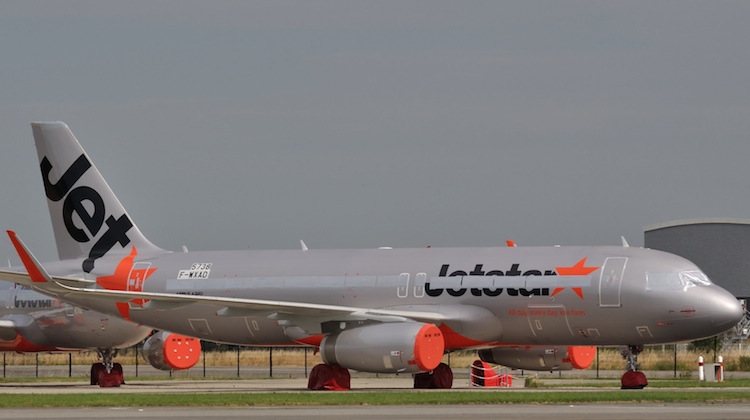
Qantas chief executive Alan Joyce says he expects to hear from Hong Kong authorities on Jetstar Hong Kong’s application for an operating licence over the next few months.
In January, Hong Kong’s Air Transport Licensing Authority held an inquiry to consider Jetstar Hong Kong’s case.
The hearing took place over several days and heard from senior executives from Jetstar Hong Kong, Cathay Pacific and others.
The authority will determine if Jetstar Hong Kong satisfies the nation’s principal place of business laws and therefore is able to access international traffic rights as a Hong Kong-designated carrier.
Joyce said the board and management of Jetstar Hong Kong “have made a very good case”.
“We are going through, we are an investor in that company obviously with Shun Tak and China Eastern and the process that Jetstar Hong Kong is going through is to get designation first,” Joyce told reporters at Qantas’s first half results presentation in Sydney on Thursday.
“That hearing, we expect to hear some conclusions from it over the next few months. We continue to be positive, as the management and board of Jetstar Hong Kong are.”
Launched as a joint-venture between Qantas and China Eastern in 2012, Hong Kong-based Shun Tak Holdings was brought on as a local partner in 2013, meaning each party owned 33.3 per cent of Jetstar Hong Kong.
Jetstar Hong Kong has been forced to sell aircraft and park others while it waits to find out if it will be given the right to fly with access to local traffic rights.
The proposed low-cost carrier has met fierce opposition from local carriers Hong Kong Airlines and Cathay Pacific, who both argue Jetstar Hong Kong did not meet the principal place of business requirements contained in Hong Kong’s Basic Law given all major decisions will be made by Jetstar’s Melbourne head office.
In response, management has said Jetstar Hong Kong had local management, a Hong Kong chief executive and was run and managed by a separate board. Following a change to the shareholder voting structure in 2014, Shun Tak holds a majority 51 per cent of voting rights, with Qantas and China Eastern having 24.5 per cent voting rights. Ownership levels were unchanged at 33.3 per cent each.




